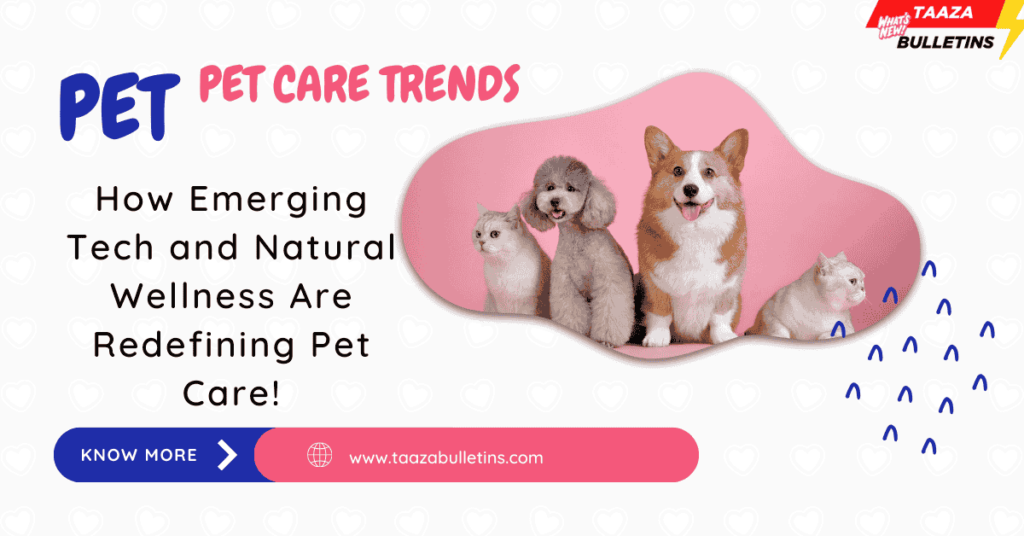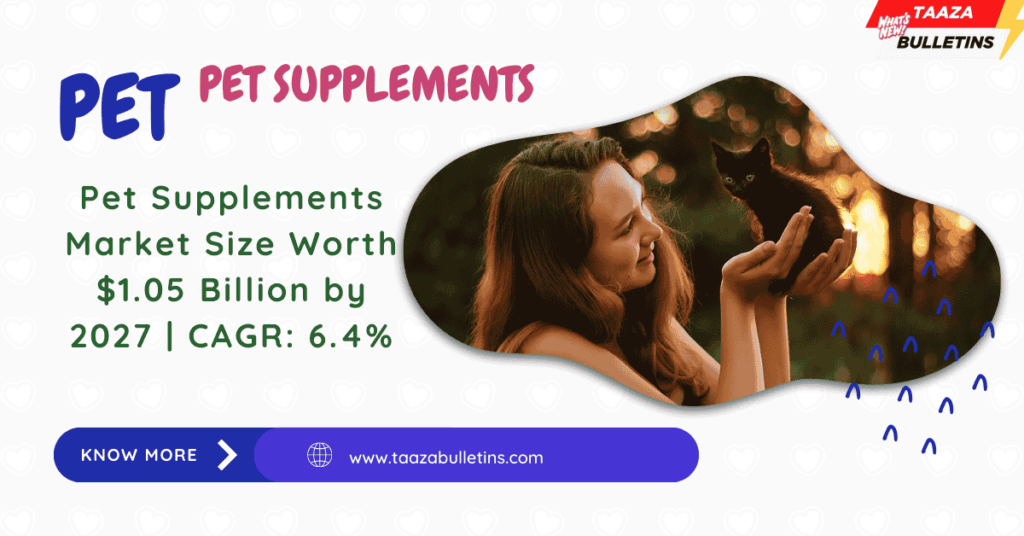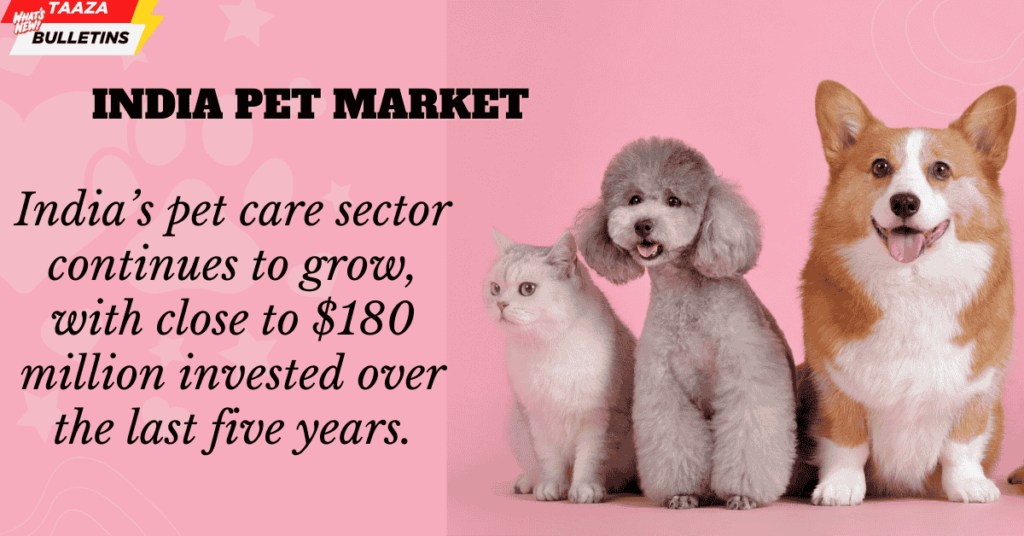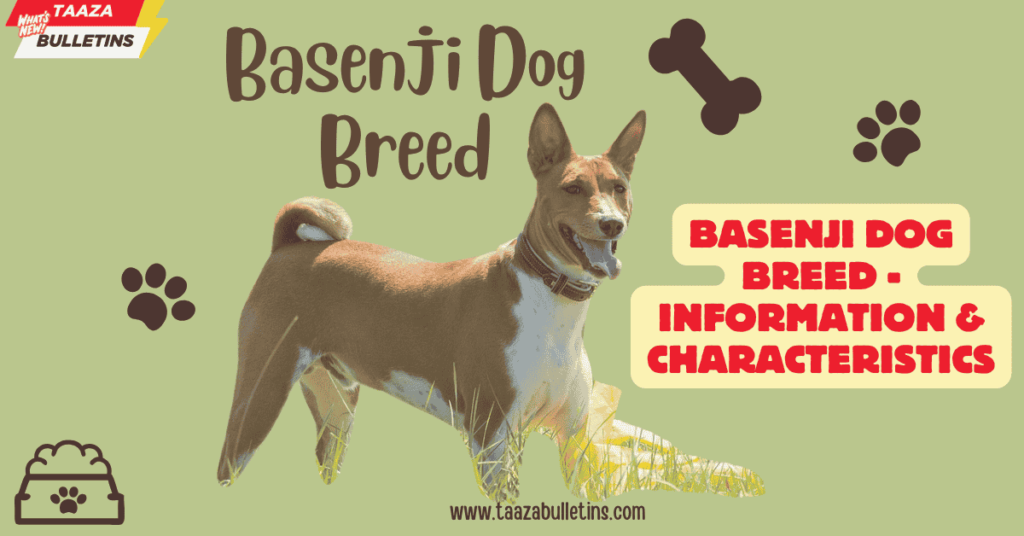With its wild and exotic appearance, the Abyssinian resembles a high-performance athlete that has just emerged from the jungle.
Table of Contents
Abyssinian Cats
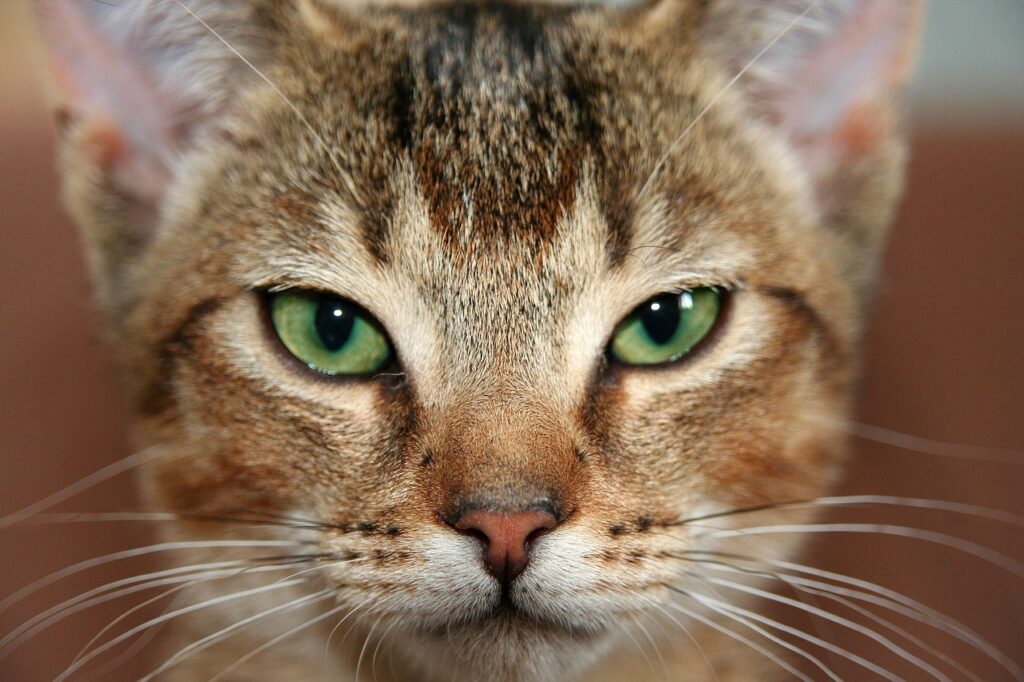
The Abyssinian is one of the oldest and most elegant cat breeds, known for its sleek, muscular build and distinctive ticked coat. Originating from ancient Egypt and later developed in Britain, this breed has a wild, cougar-like appearance with large, alert ears and expressive almond-shaped eyes. Abyssinians are highly active, playful, and intelligent, often displaying dog-like loyalty to their owners. They thrive in interactive environments and enjoy climbing, exploring, and playing with puzzle toys. Their short, fine coat requires minimal grooming, and they are generally a healthy breed. Affectionate but independent, Abyssinians make excellent companions for active households.
Introduction to Abyssinian Cats
- Abyssinian cats, often called “Abys,” resemble the cats depicted in ancient Egyptian murals.
- They have almond-shaped eyes, perky ears, and a slender build.
- Some believe they are direct descendants of ancient Egyptian cats, while others suggest they originated in Ethiopia and traveled to England with British soldiers.
- Abyssinians have an agouti coat, where each hair strand displays multiple colors (dark band, light band, and dark tip), giving their fur a ticked or salt-and-pepper appearance.
Caring for an Abyssinian Cats
- Abyssinians are medium-sized cats, standing 8–10 inches tall and weighing 8–12 pounds.
- They are loyal, intelligent, and energetic, requiring mental and physical stimulation to stay happy and healthy.
- Their low-maintenance grooming needs make them a good choice for first-time pet parents.
Abyssinian Cats Health Issues
- Abyssinians have a lifespan of 9–13 years and are prone to certain health conditions.
- Genetic testing can help identify some common health issues.
- Working with a reputable breeder ensures your kitten has a healthy start.
Common Health Problems
- Amyloidosis:
- Caused by abnormal protein deposits in tissues, leading to organ dysfunction.
- Commonly affects the kidneys, liver, and other organs.
- Symptoms include lethargy, changes in appetite, weight loss, vomiting, and dehydration.
- Pyruvate Kinase (PK) Deficiency:
- A genetic condition affecting red blood cell metabolism, leading to anemia.
- Symptoms include weakness, muscle wasting, pale mucous membranes, and elevated heart rate.
- Progressive Retinal Atrophy (PRA):
- A genetic eye condition causing blindness, often within a few months of birth.
- Blind cats can live full lives with proper care, but carriers should not be bred.
Feeding an Abyssinian
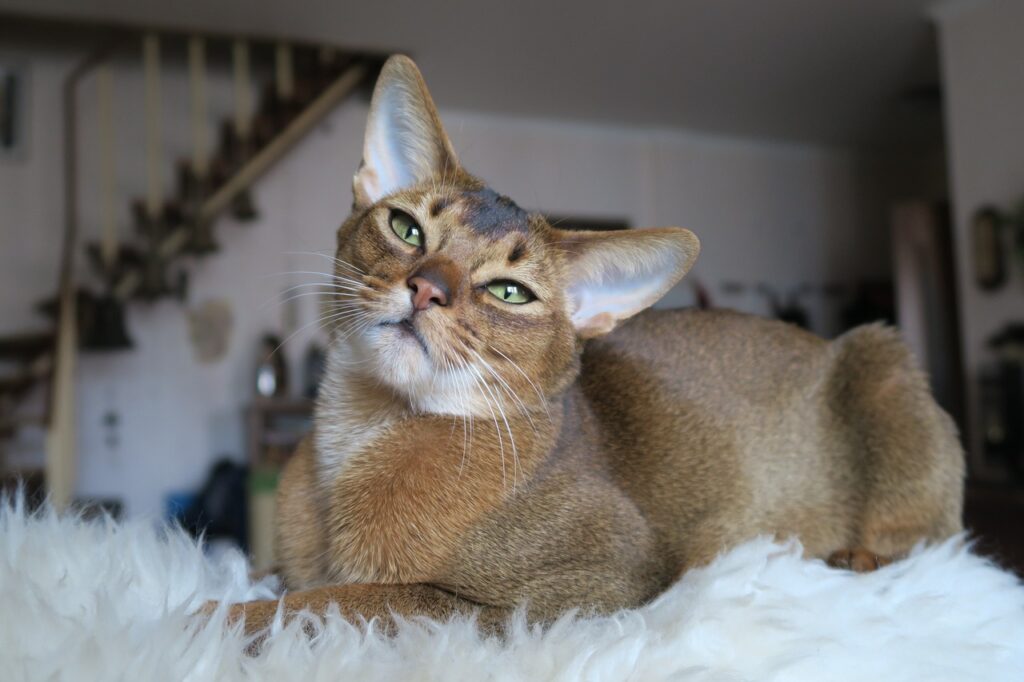
- A balanced diet meeting AAFCO standards is essential for their health.
- Choose food appropriate for their life stage: kitten, adult, or senior.
How to Feed
- Use puzzle feeders to stimulate their problem-solving skills.
- Feed adults twice daily and kittens three times a day with measured portions.
Nutritional Tips
- Provide a diet rich in high-quality protein and essential nutrients.
- Consult your vet for portion sizes based on age, weight, and activity level.
- Consider supplements for joint support or specific health needs as they age.
Behavior and Training Tips
Personality and Temperament
- Abyssinians are independent, curious, and intelligent.
- They enjoy being involved in household activities but may not like being held.
- They form strong bonds with their families and are social with humans and other pets.
Training
- Use positive reinforcement methods for training.
- They can learn tricks, walk on a leash, and solve puzzles.
Fun Activities
- Sunbathing in a catio or exploring vertical spaces.
- Running on a cat wheel or foraging for treats.
- Playing with interactive toys, solving food puzzles, or walking on a harness.
Abyssinian Grooming Guide
Skin Care
- Abyssinians typically have low-maintenance skin.
- They may enjoy water and even join you in the tub.
Coat Care
- Their short, silky fur requires weekly brushing to remove loose hair and maintain shine.
Eye Care
- Check their eyes daily for redness, discharge, or irritation.
- Schedule a vet visit if you notice any abnormalities.
Ear Care
- Inspect their ears weekly for redness, odor, or debris.
- Clean with a vet-approved solution if necessary.
Considerations for Pet Parents
Cost of Ownership
- Abyssinian kittens from reputable breeders cost 1,200–1,200–2,800.
- Budget for ongoing expenses like food, vet care, toys, and grooming.
Compatibility
- Abyssinians are friendly and get along well with other pets and children.
- Teach kids how to interact safely, as they may not enjoy being held.
Exercise and Stimulation
- Provide ample mental and physical exercise to keep them happy.
- Ensure they have climbing spaces, scratching posts, and interactive toys.
Abyssinian FAQs
Are Abyssinians Rare?
- Abyssinians are not rare but are less common in shelters. Reputable breeders are the best source.
What Colors Do Abyssinians Come In?
- Common colors include ruddy (reddish-brown with black ticking), cinnamon, chocolate, blue, fawn, and lilac.
Are Abyssinians Good for First-Time Owners?
- Yes, their low-maintenance grooming and friendly nature make them suitable for first-time pet parents.

